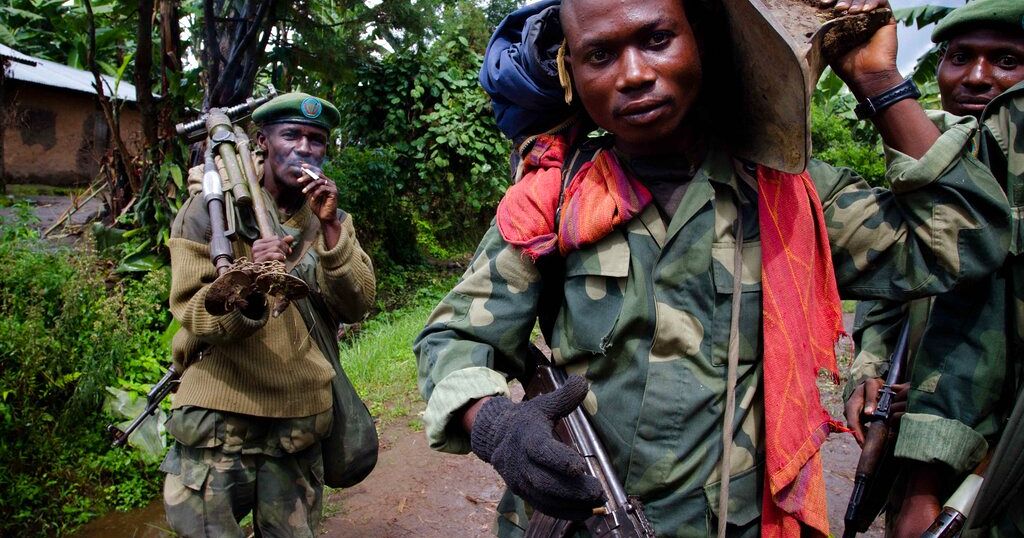Qatar has circulated a draft peace agreement aimed at resolving the escalating conflict between the Democratic Republic of Congo (DRC) and the M23 rebel group, according to a senior Qatari official involved in mediation efforts. The proposal, shared with both parties on Sunday, follows missed deadlines in a diplomatic push to halt violence that has displaced millions and destabilized eastern DRC.
“We recognize the challenges on the ground and hope they can be overcome promptly through dialogue and genuine commitment,” the unnamed official stated, acknowledging delays in a process initially targeting an 18 August deadline for a finalized deal. While formal negotiations slated to begin by 8 August under a July peace roadmap have stalled, the mediator noted that Kinshasa and the M23 have signaled openness to continued talks. Ongoing discussions are currently being hosted in Doha, Qatar, focusing on implementing principles agreed in a 19 July declaration.
The conflict, which reignited in late 2021 after years of dormancy, has seen the Rwanda-backed M23 seize vast territories in North and South Kivu provinces. A February offensive allowed the group to capture the strategic cities of Goma and Bukavu, where they established parallel governance structures. Recent weeks have brought renewed fighting near Mulamba, an area previously under a tenuous ceasefire since March. Congolese military authorities accused the rebels on Tuesday of launching “multiple attacks” in the region, further straining the fragile truce.
The humanitarian toll continues to mount, with UN data showing over two million people displaced in 2024 alone. Aid groups warn of collapsing services in overcrowded displacement camps as international calls grow for a durable resolution. While neither the DRC government nor M23 leadership has publicly addressed Qatar’s latest proposal, analysts emphasize the urgency of de-escalation amid concerns that prolonged violence could spill across regional borders.
Qatar’s mediation marks its latest foray into African conflict resolution, though observers caution that previous attempts by other nations and regional bodies have yielded limited progress. The success of current efforts hinges on bridging deep-seated grievances, including Kinshasa’s accusations of Rwandan military support for the rebels—claims Kigali denies—and the M23’s demands for political representation and security guarantees. As deadlines pass and frontline skirmishes persist, the path to peace remains fraught with diplomatic and logistical hurdles.
